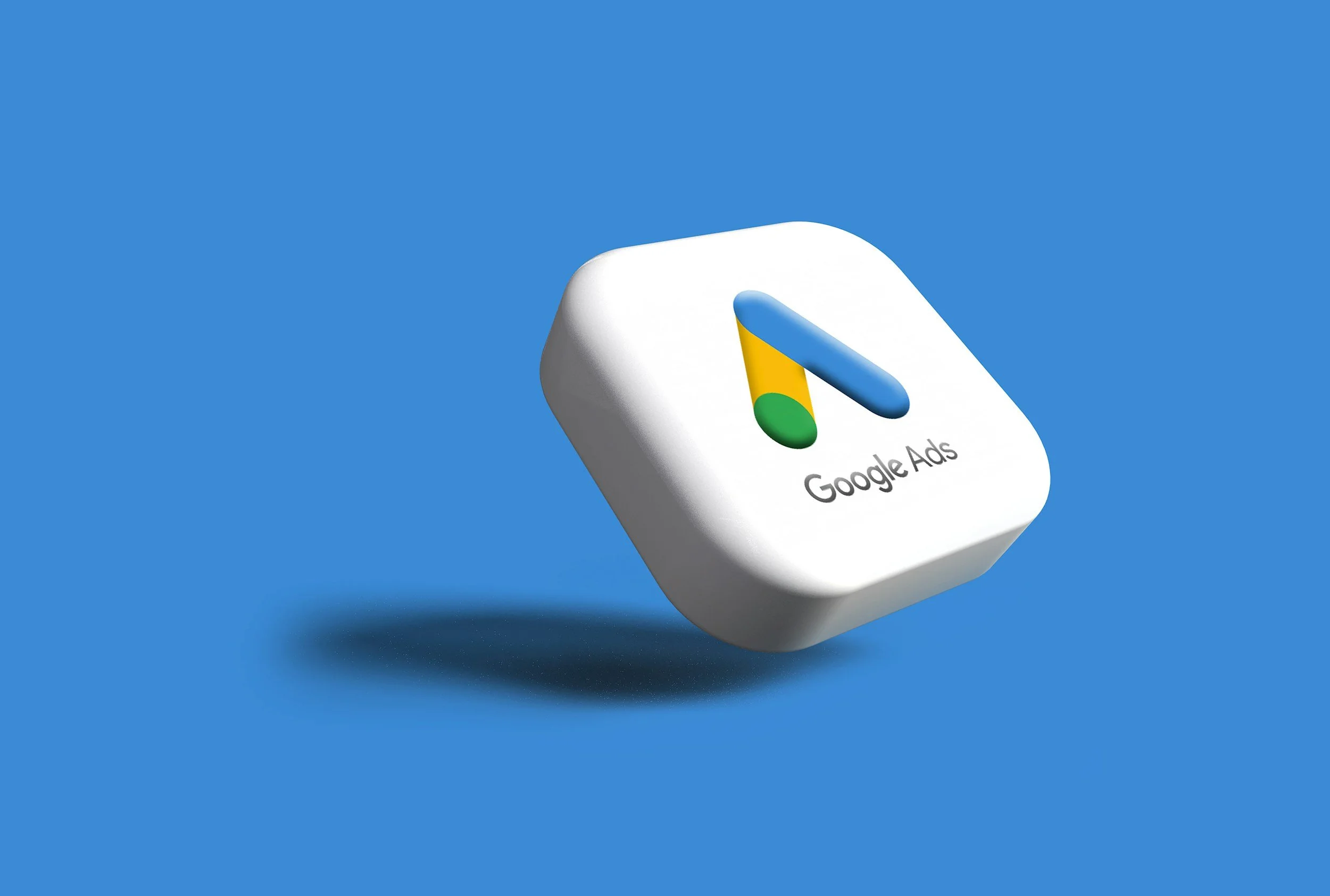Using Scripts to Put Out Fires: Automate Alerts to Identify Potential Issues
If you haven’t explored Google Ads scripts yet, one of the easiest places to begin is with alert scripts. Think of them like setting up smoke alarms in your accounts. They’re quiet until they need your attention. When you’re juggling campaigns, reports, and strategy across multiple clients, it’s easy to miss signs that something’s off. Scripts that alert you, without changing anything, save time and give you a quick pulse check. In fact, one study found that automation tools allowed agencies to take on 43% more work per analyst and cut new ad creation time by 40%.
Why Start with Alert Scripts
Not every campaign issue stands out immediately. Spend slows you down. Budgets can drift. A campaign may stop showing without warning. That’s where PPC (Pay-Per-Click) automation tools, specifically alert scripts, come in handy. They don’t make changes for you, but they let you know something needs attention.
These alerts run in the background and flag atypical shifts, like spend dropping off or performance dipping below expectations. Automated alerts spotted accounts hitting ROAS (Return on Ad Spend) goals while quietly trending down, giving teams time to respond before performance dropped further. Another case showed alert systems reducing agency management costs by $800K.
-
AI makes PPC faster and smarter by handling tasks like bidding, targeting, and ad testing. It looks at huge amounts of data to spot patterns humans might miss, helping ads reach the right people at the right time. This frees marketers to focus more on strategy and creativity.
The 3 Alert Scripts Worth Setting Up First
There are a lot of Google Ads scripts out there, but you don’t need to start with all of them. These three are a solid foundation: one for budget pacing, one for zero impressions, and one for tracking sudden changes in performance. Together, they cover the basics (i.e., spend, visibility, and results), so you’re not left guessing.
-
You can use AI to set smart bids, find the best keywords, and test ad copy automatically. AI also helps spot trends in performance so you can adjust campaigns faster. The key is to guide it with clear goals—like more leads or lower costs—so the system knows what to optimize for.
Budget Pacing Alerts
Google Ads scripts for budget pacing are some of the most useful, especially if you’re managing several accounts. Even when campaigns seem like they’re fine, they may be spending too fast or falling behind.
This script flags accounts that are pacing more than 10% above or below your monthly budget goal. That 10% buffer is commonly used in the industry, and platforms like Sprinklr and Adalysis depend on it to detect budget drift.
-
Related Article: AI is Paving the Way for the Future of Paid Search
AI isn’t replacing strategy—it’s enhancing it. In this webinar recap, Eyeful’s experts show how tools like ChatGPT, Gemini, and Google Ads automation help marketers work faster, think deeper, and stay focused on what really drives results.
Zero Impression Alerts
Sometimes campaigns are technically “active” but aren’t doing anything at all. A Google Ads automation script for zero impressions checks for campaigns that didn’t serve a single impression the day before, even though they’re set to run.
This alert runs daily, so you don’t have to wait for a weekly review to catch it. You can also tweak the script to ignore days your clients typically don’t spend.
These alerts come in handy when something slips through the cracks, such as paused keywords, missing ads, or settings that weren’t updated. Instead of losing days of potential traffic, you’ll know something needs to be done instantly.
-
Related Article: The Role of AI in Your Paid Media Strategy
AI can speed up bidding and creative, but it’s not a replacement for strategy. Eyeful’s team explains where AI delivers the most value—like smarter targeting and faster ideation—and where human oversight is essential to keep campaigns aligned with brand goals.
Performance Shift Alerts
Performance changes don’t always show up in reports immediately, which is why this alert script is so beneficial. It looks for sudden changes in core metrics, like conversion rate (CVR), return on ad spend (ROAS), and cost per acquisition (CPA).
We set it to flag anything that shifts more than 20% week over week. That 20% threshold is widely recognized as a signal worth paying attention to. Even small metric changes have a significant impact. For example, increasing your CVR from 2% to 2.5% can raise revenue by 25% without spending more.
Once the alert hits, it prompts you to start digging: check tracking, approvals, auction insights, and recent edits.
-
Related Article: 5 Key Takeaways from Google Marketing Live 2025
Google is pushing paid media into a new era of AI-driven performance. From keywordless campaigns with AI Max to automated creative tools and smarter measurement, the updates announced at GML 2025 reshape how advertisers build and manage campaigns.
The True Value: Teamwide Visibility
Alert scripts can spot one-off issues, but they give your entire team a clearer view of what’s happening across accounts, too. When these alerts are shared, anyone can step in. It doesn’t matter if someone’s out for the day or busy with another client. It keeps everyone on the same page and makes it easier to stay ahead.
Ultimately, that’s the actual value of using PPC automation tools like this: more visibility, less scrambling, and more time to focus on strategy. These alerts don’t make changes for you. They simply ensure you know where to look.
Reach out to the Eyeful Paid Search team today to achieve better results with expert paid search management that matches your goals.

